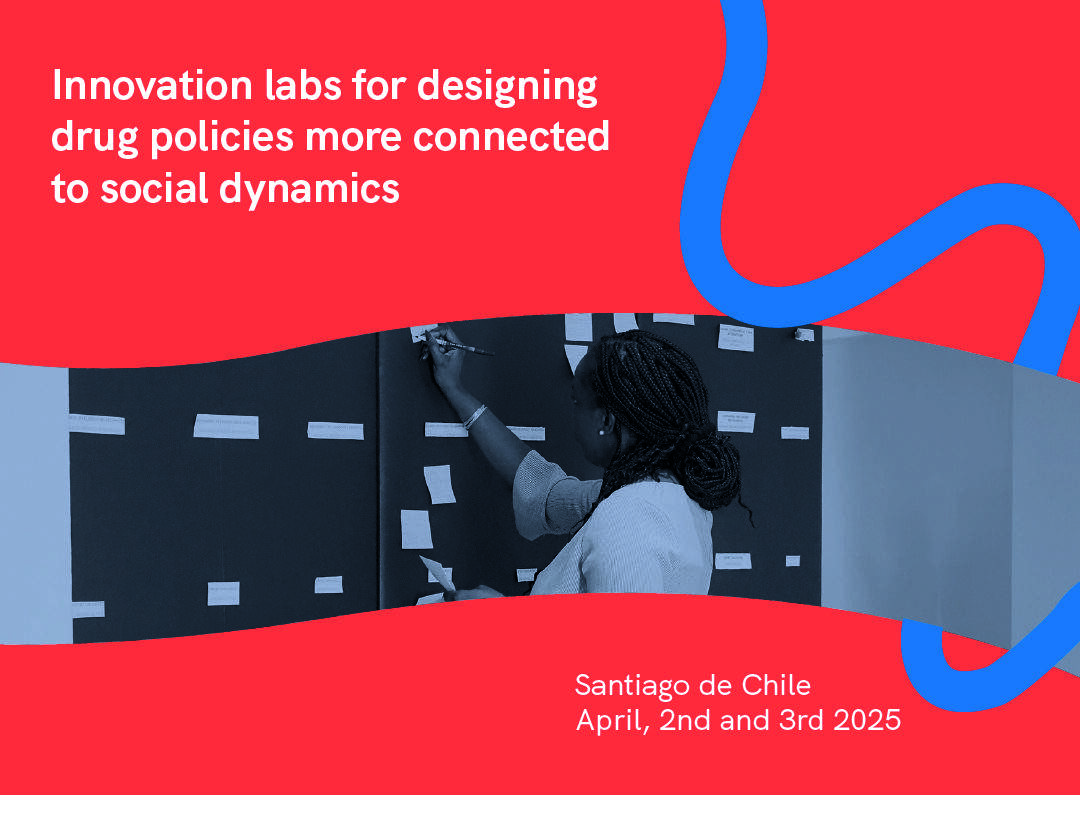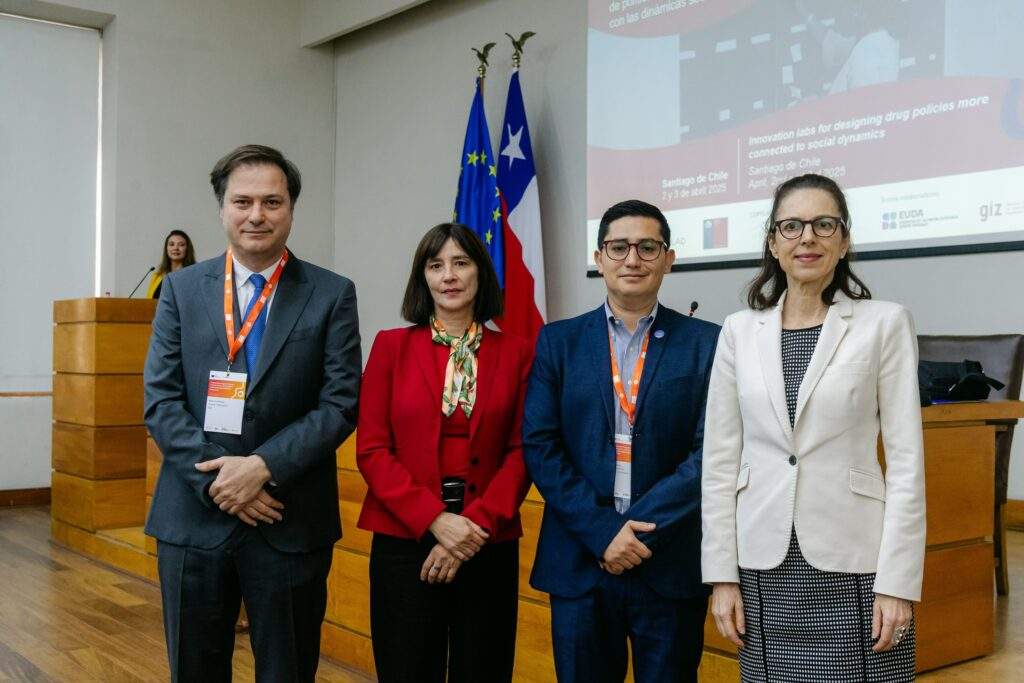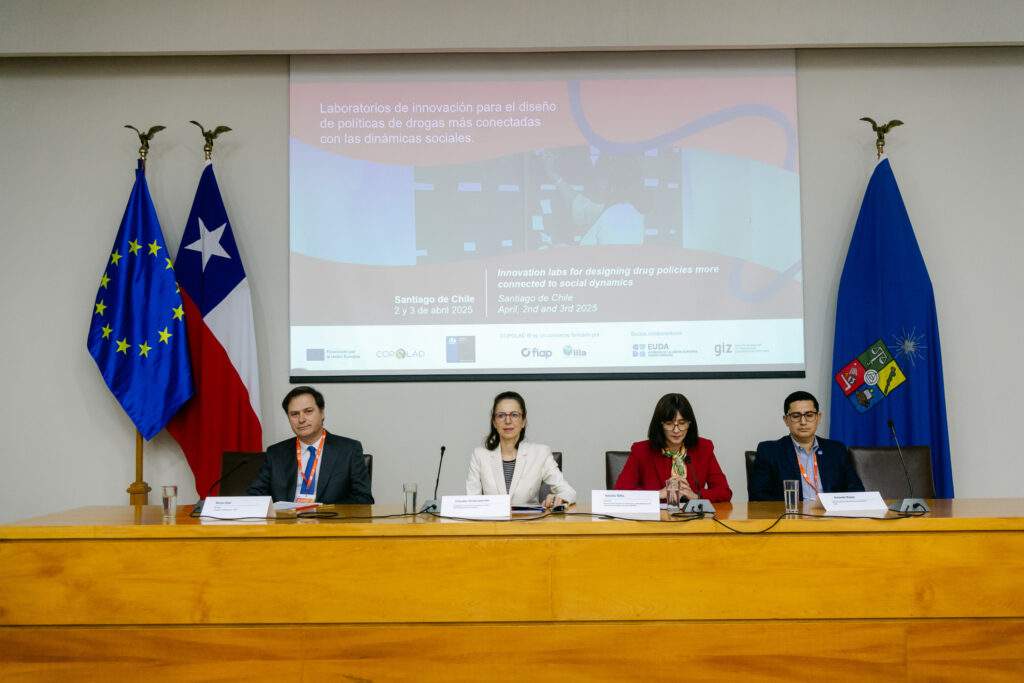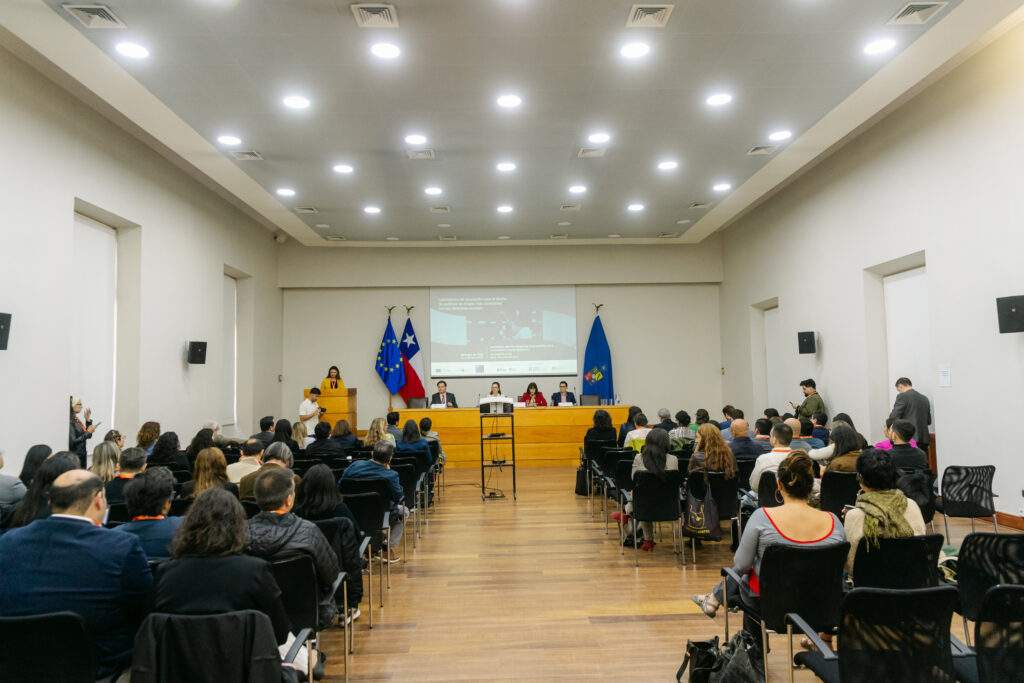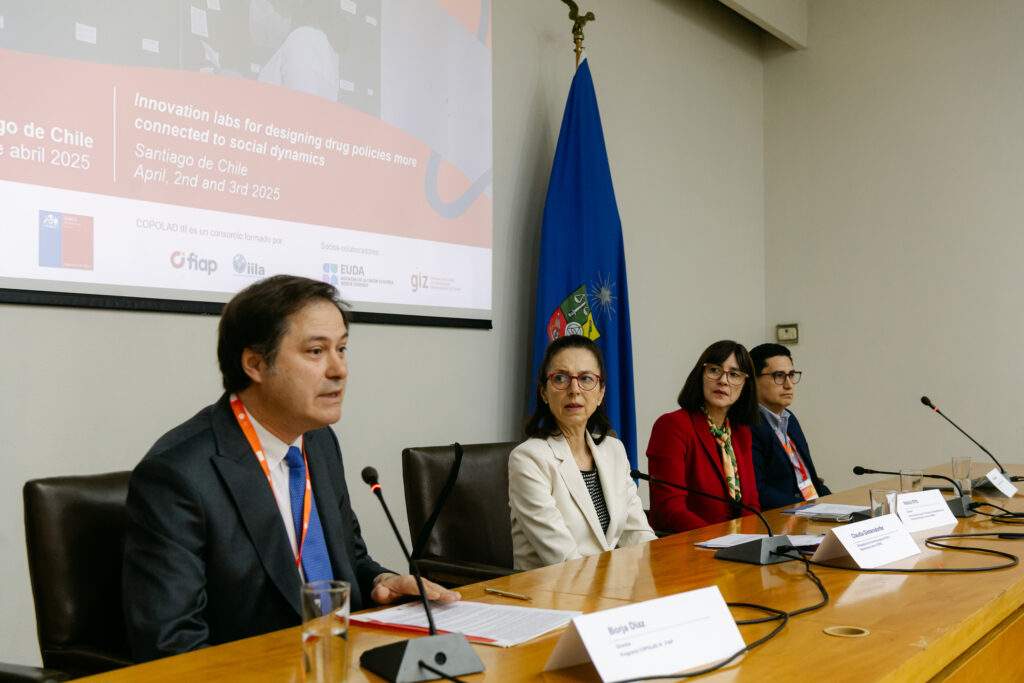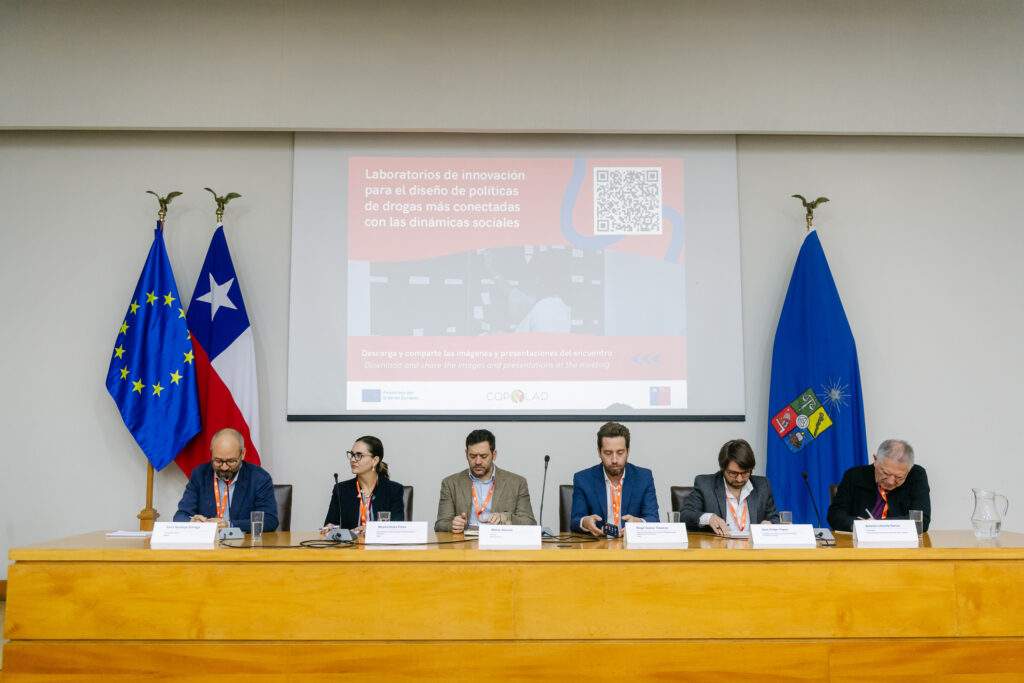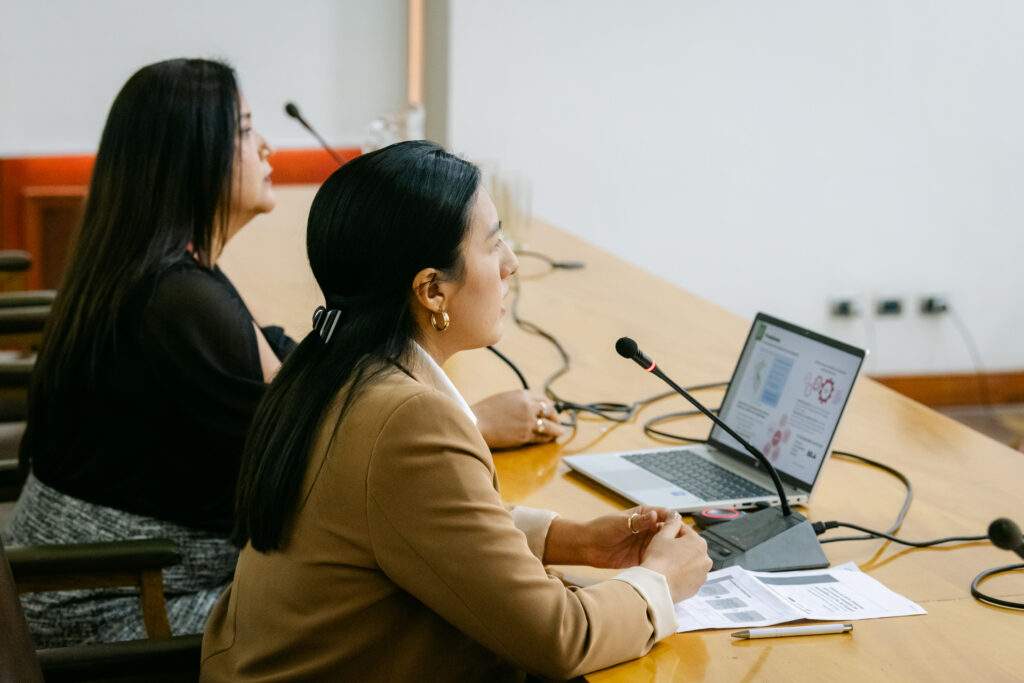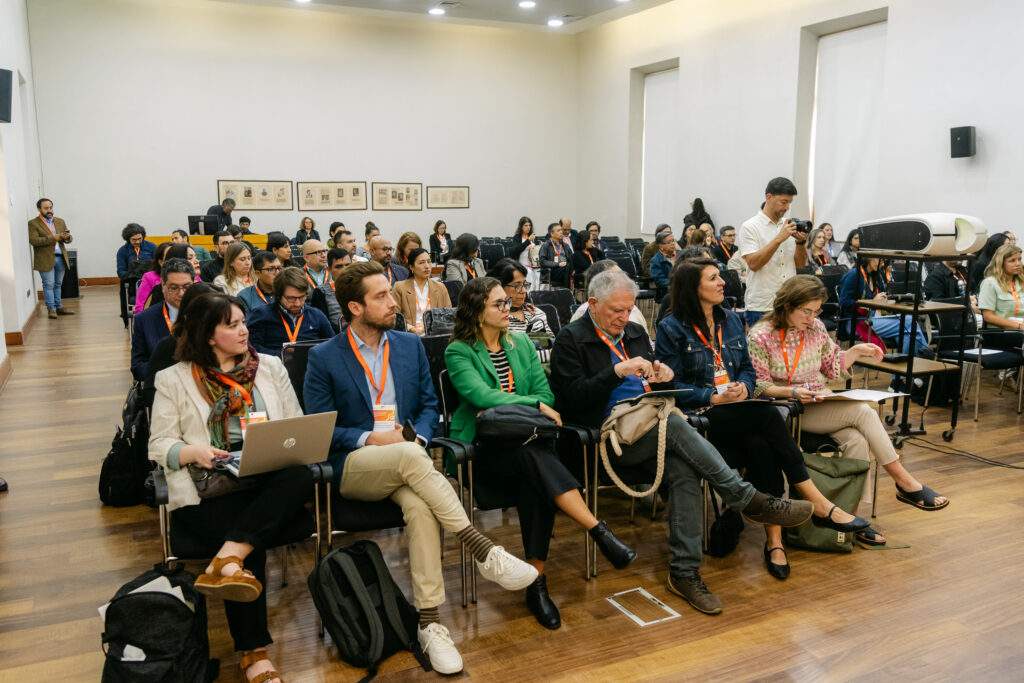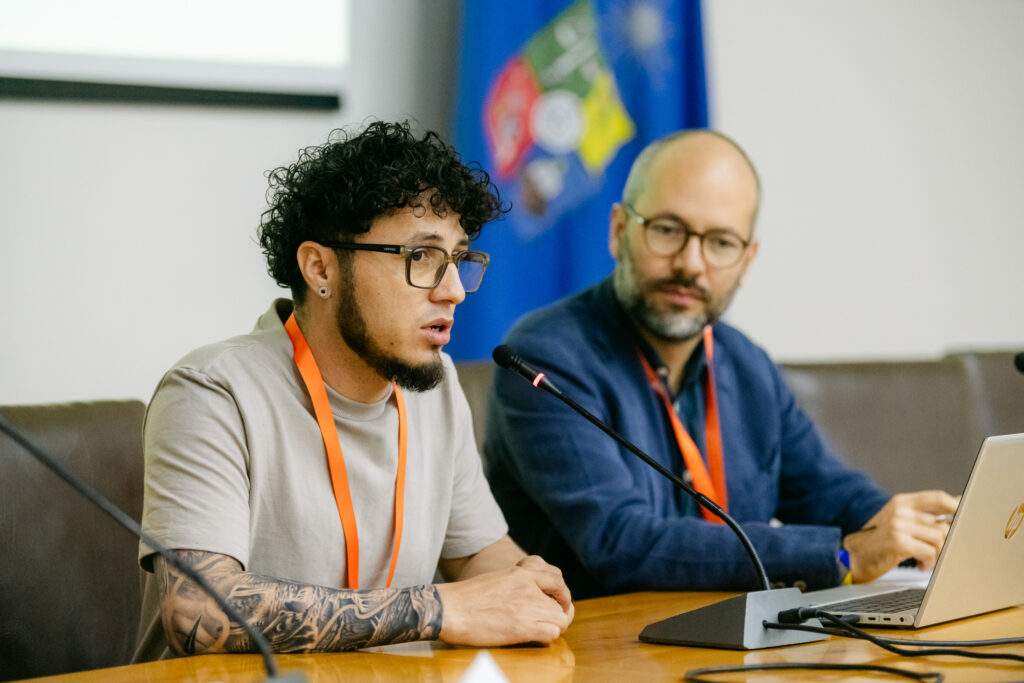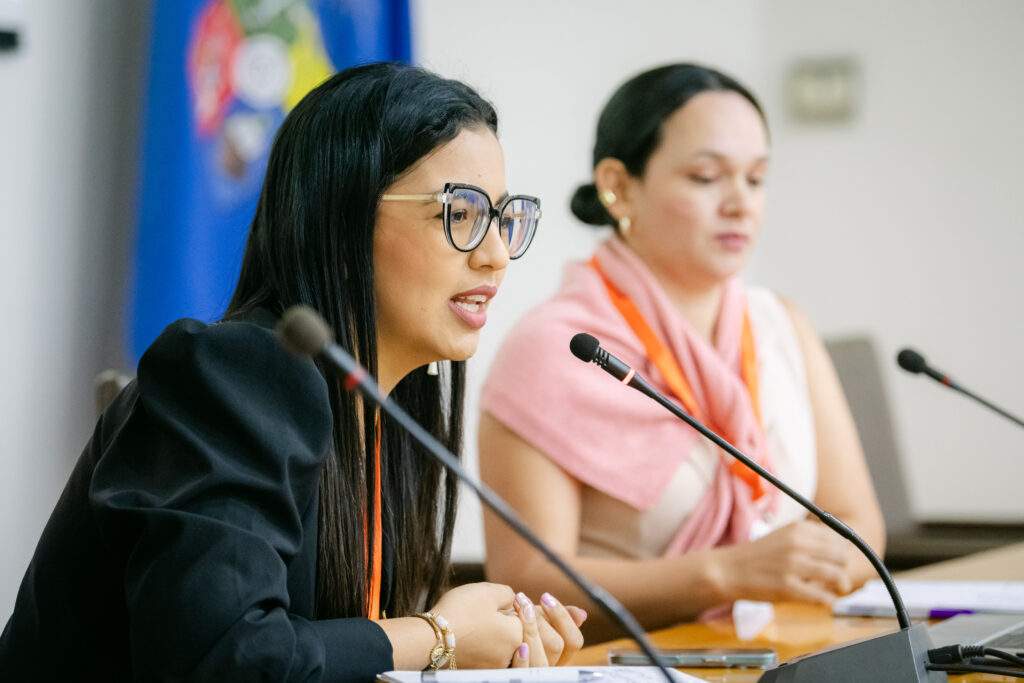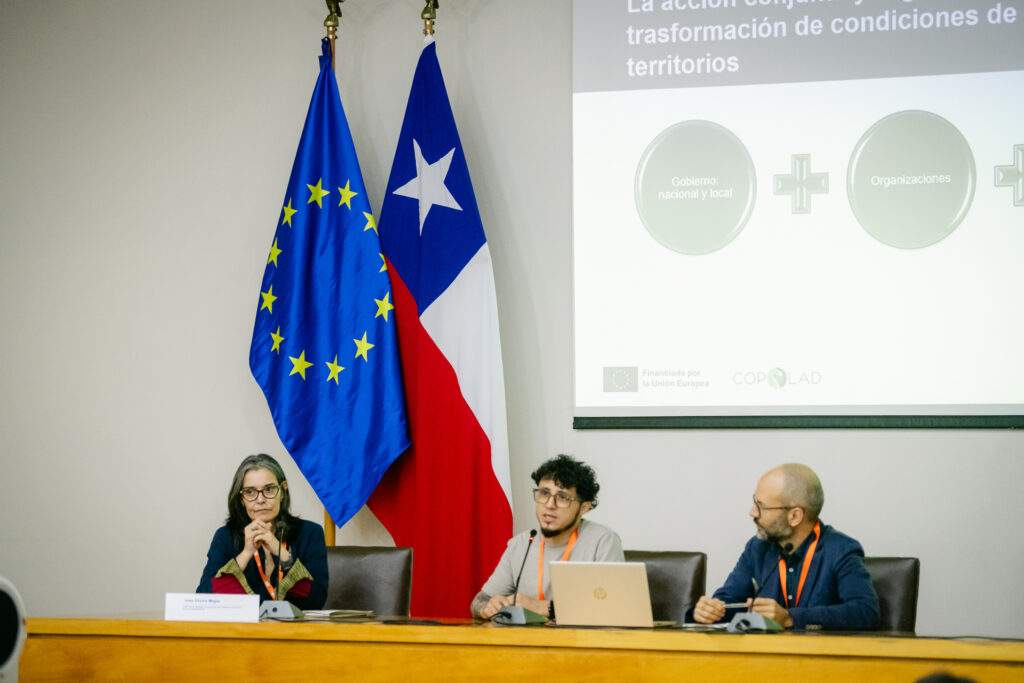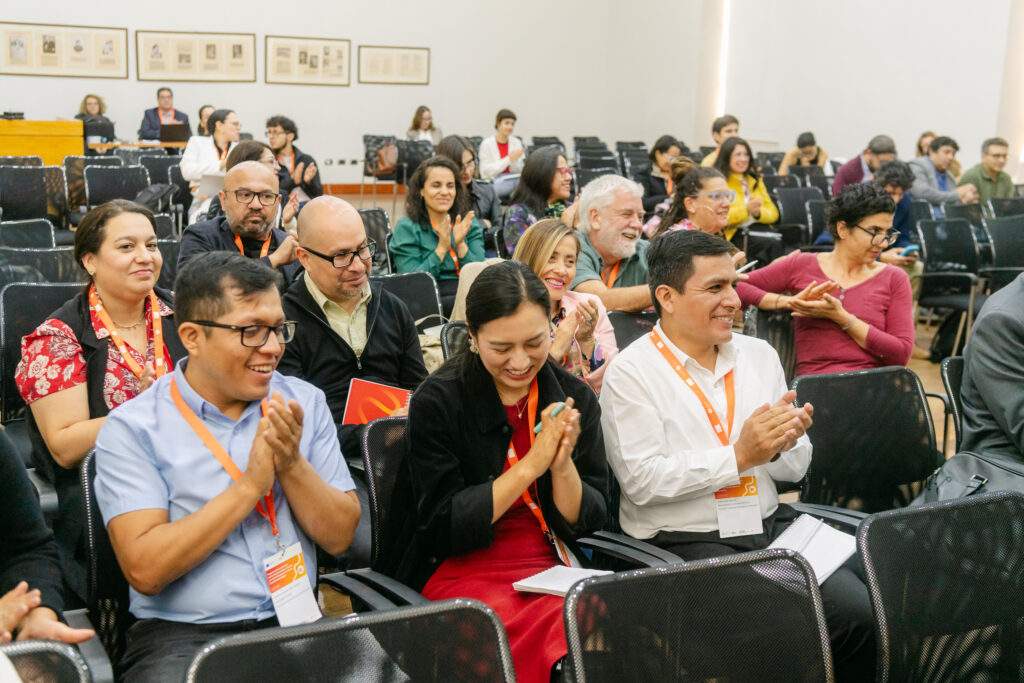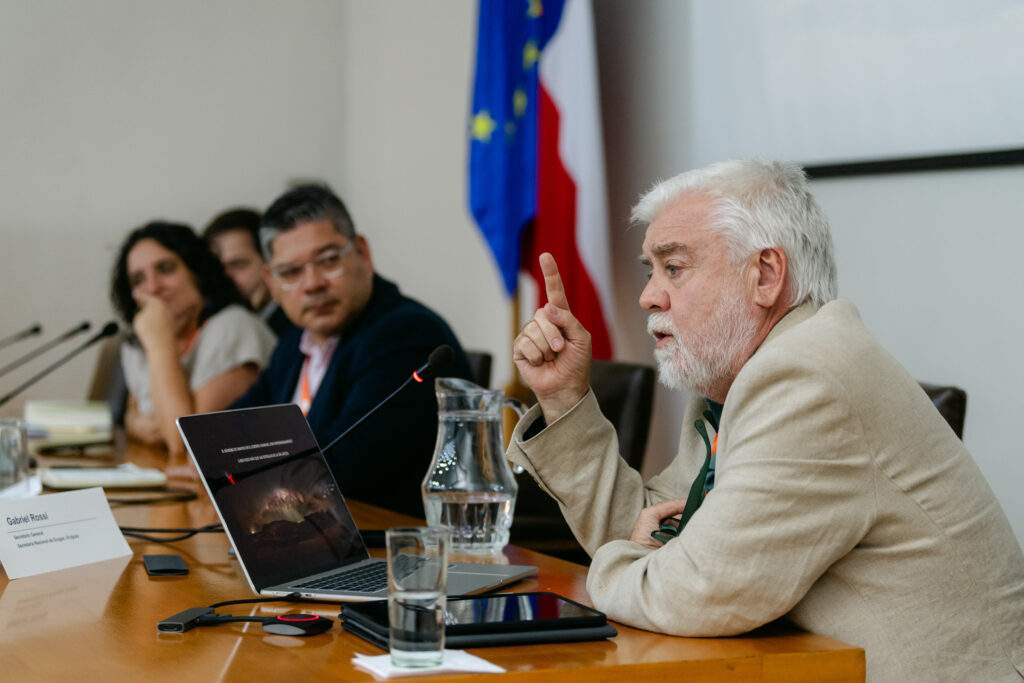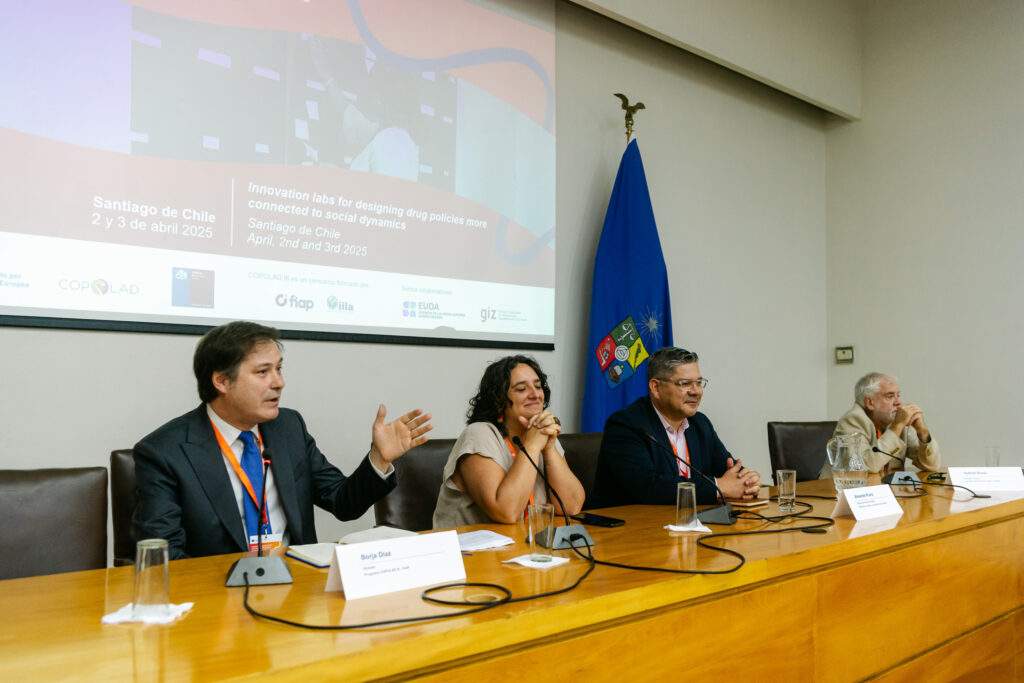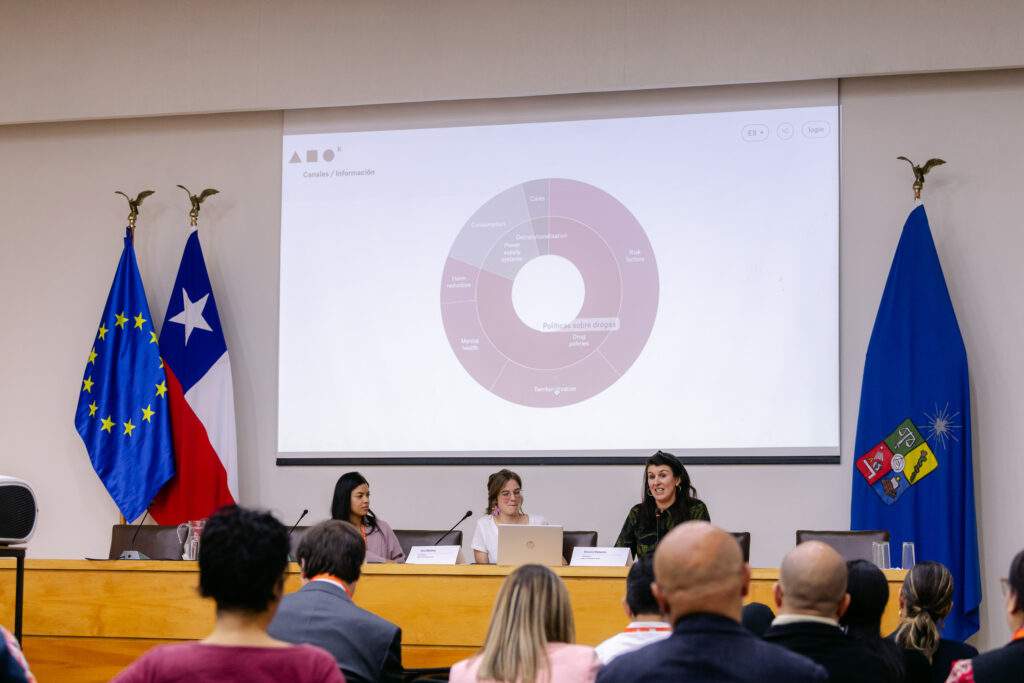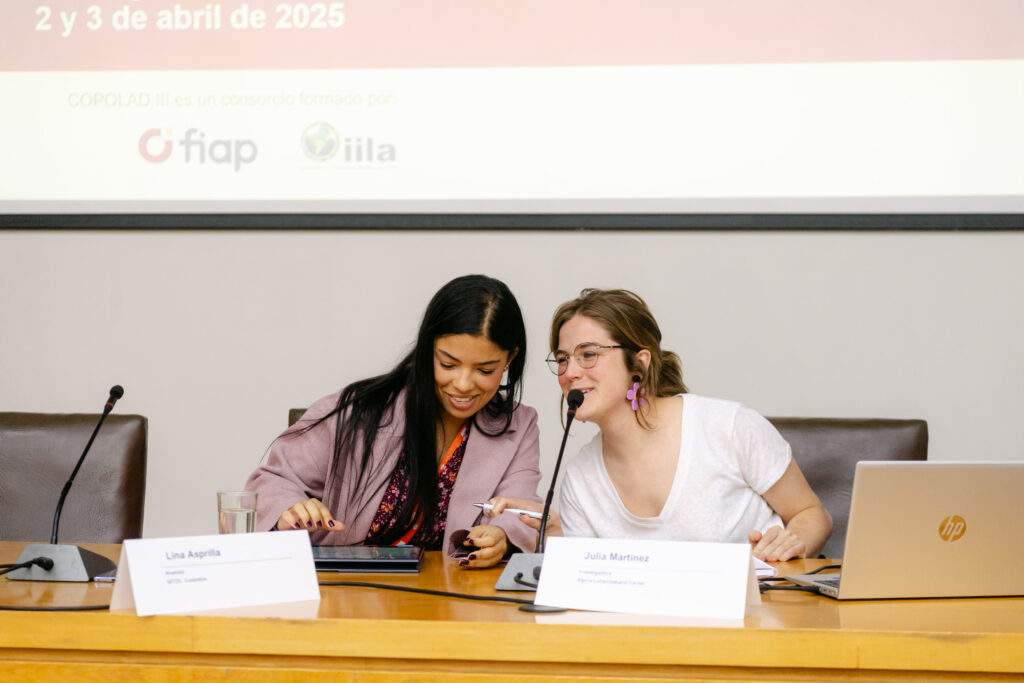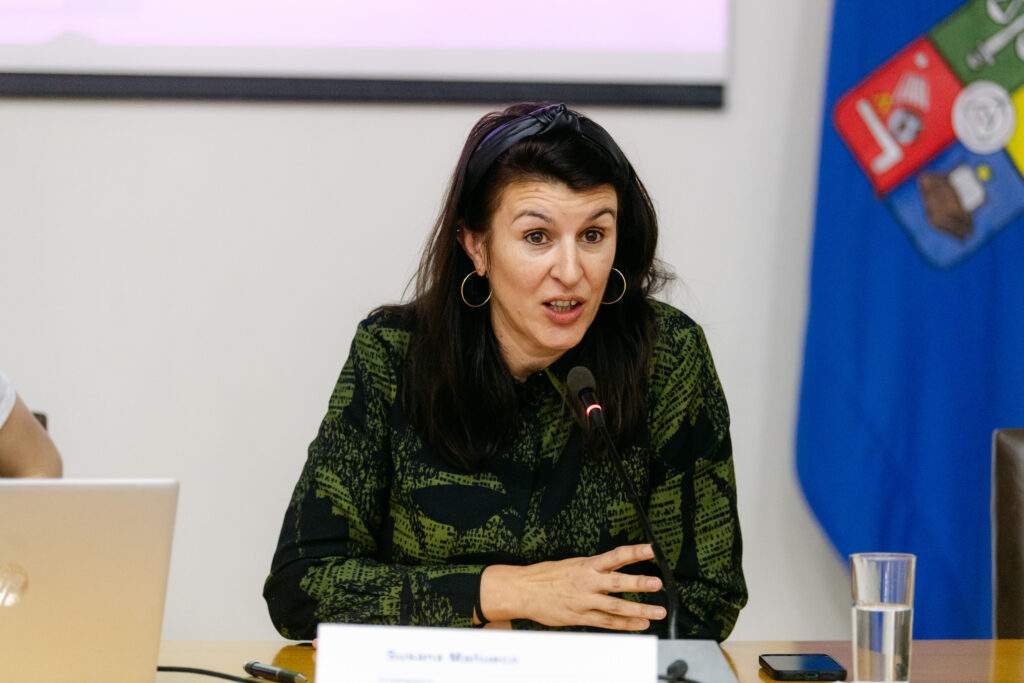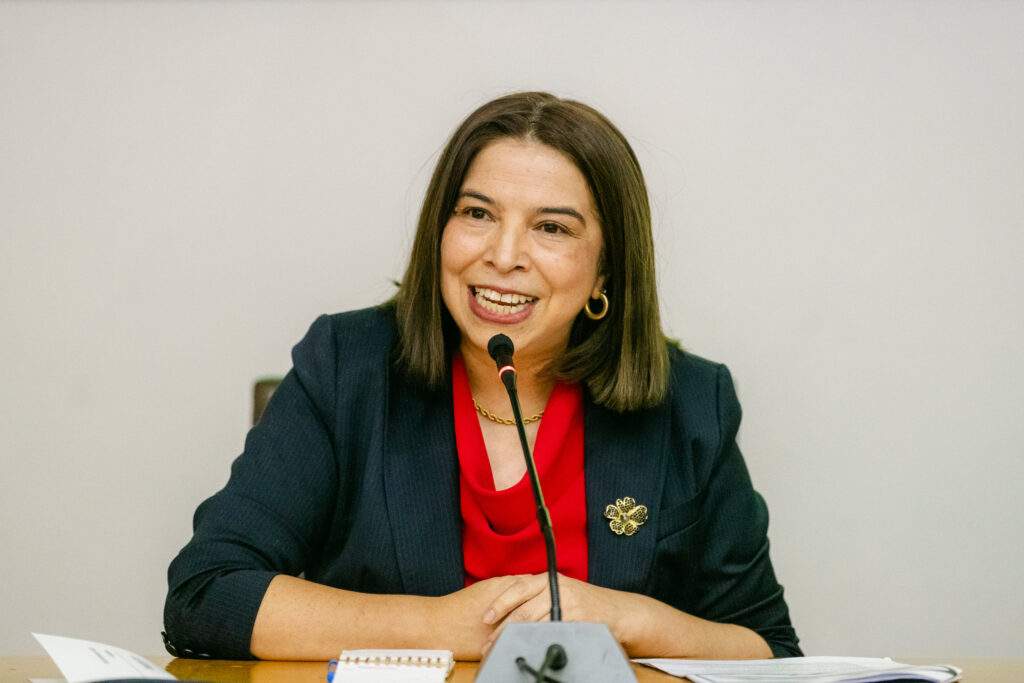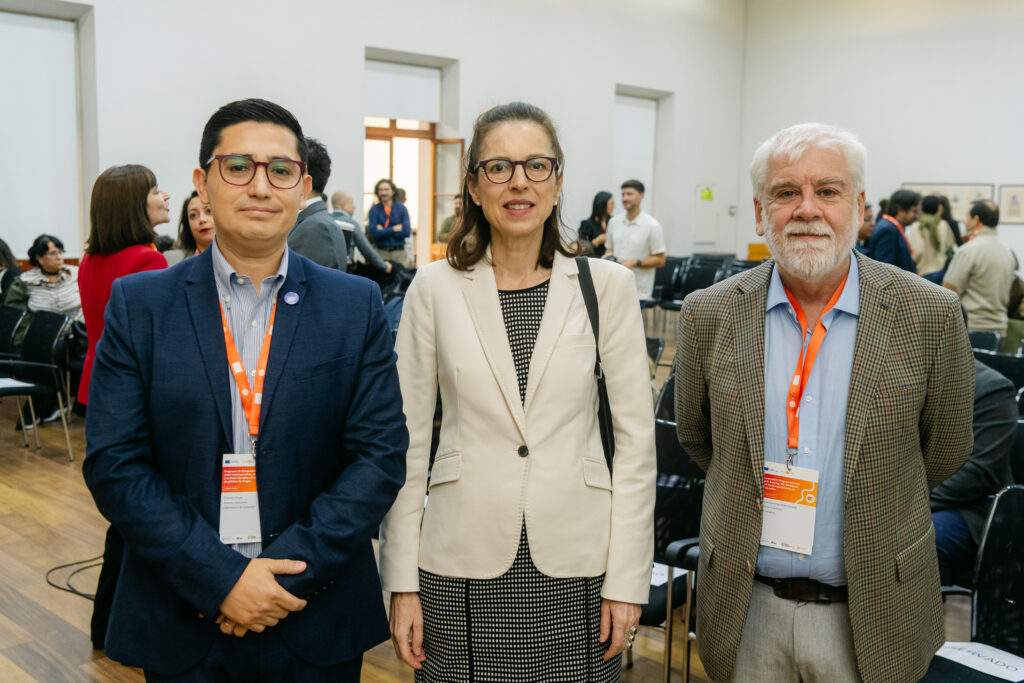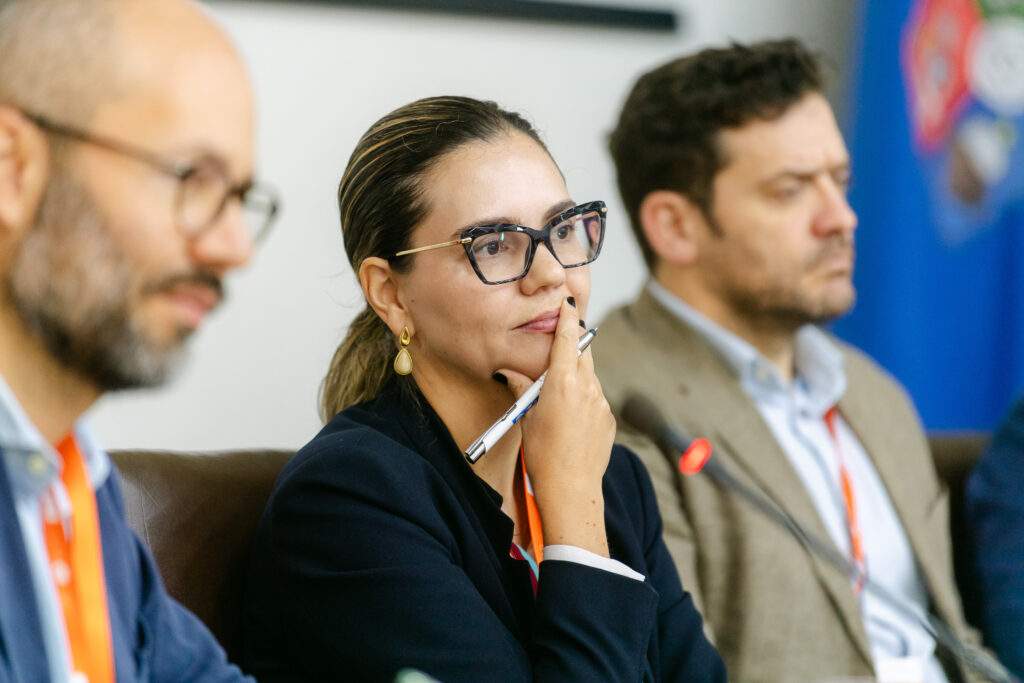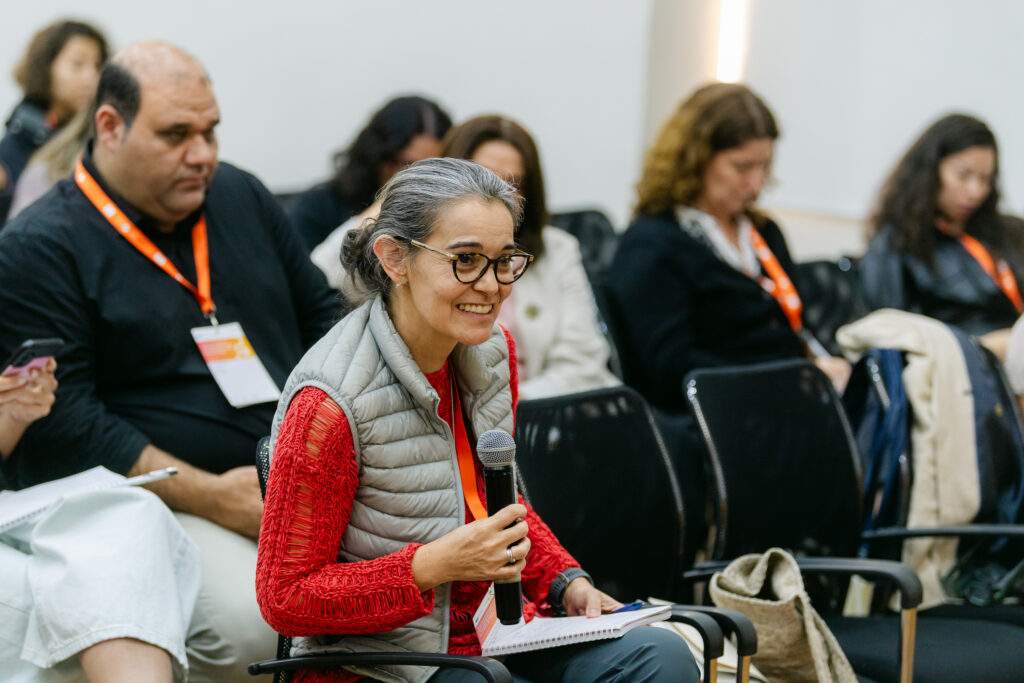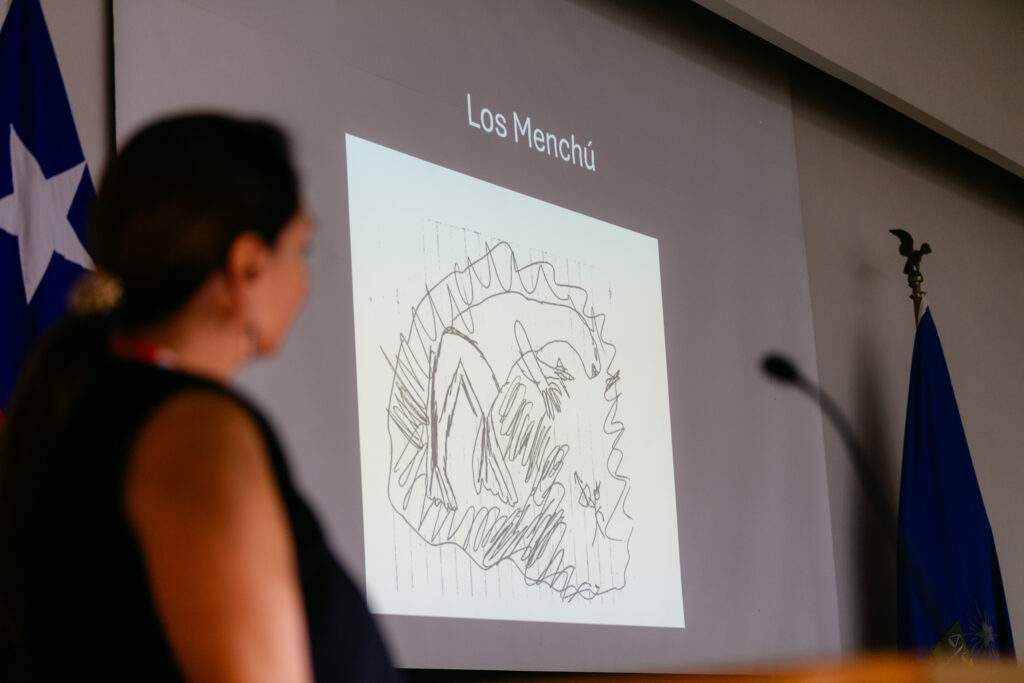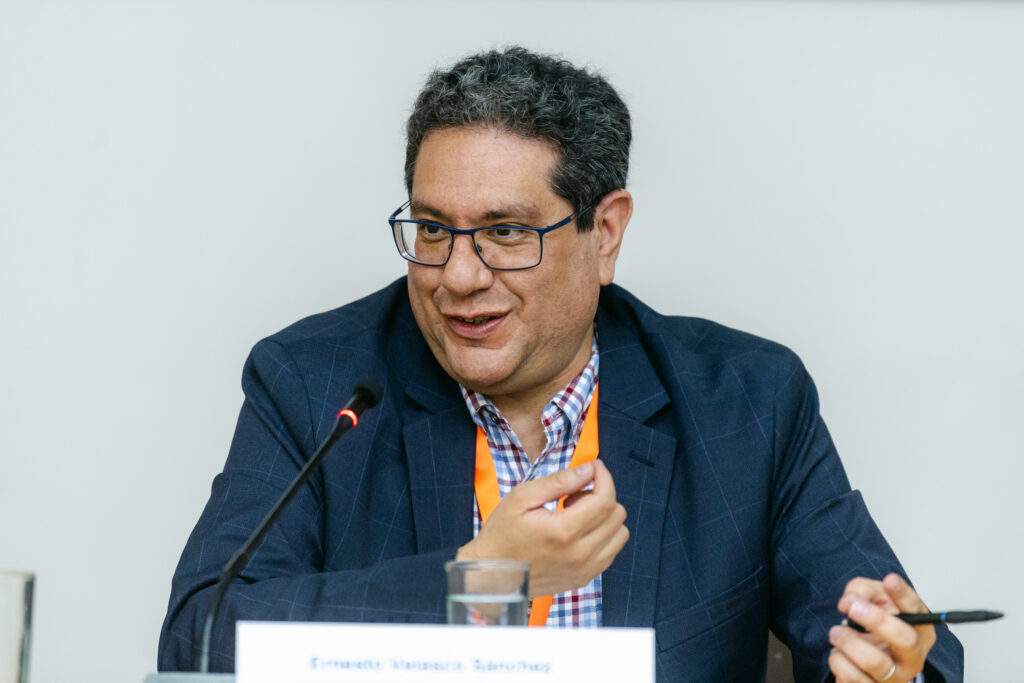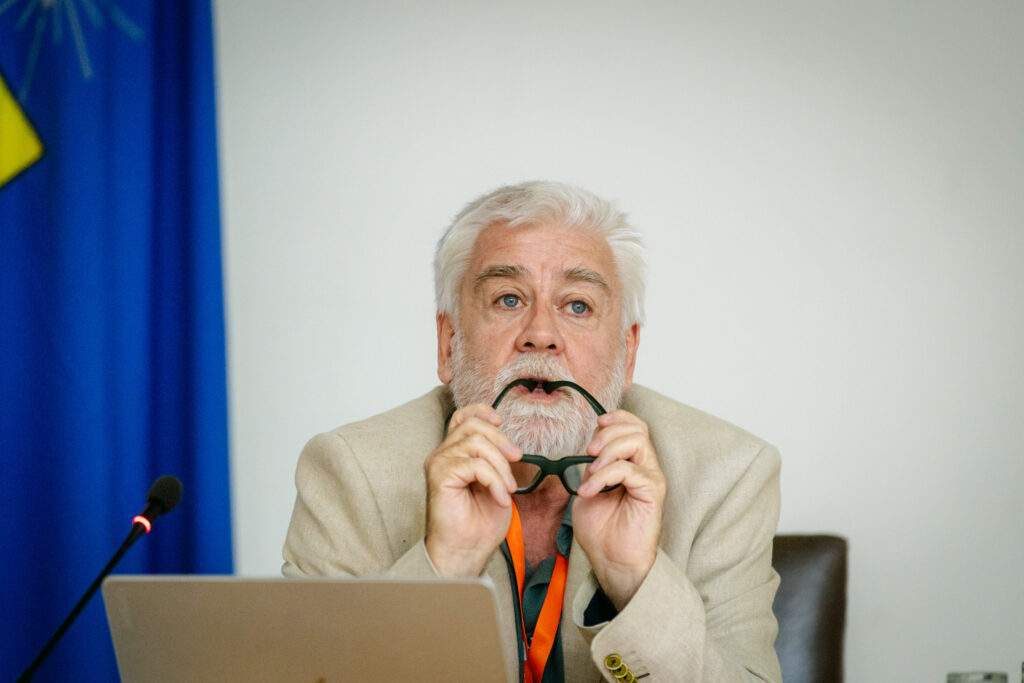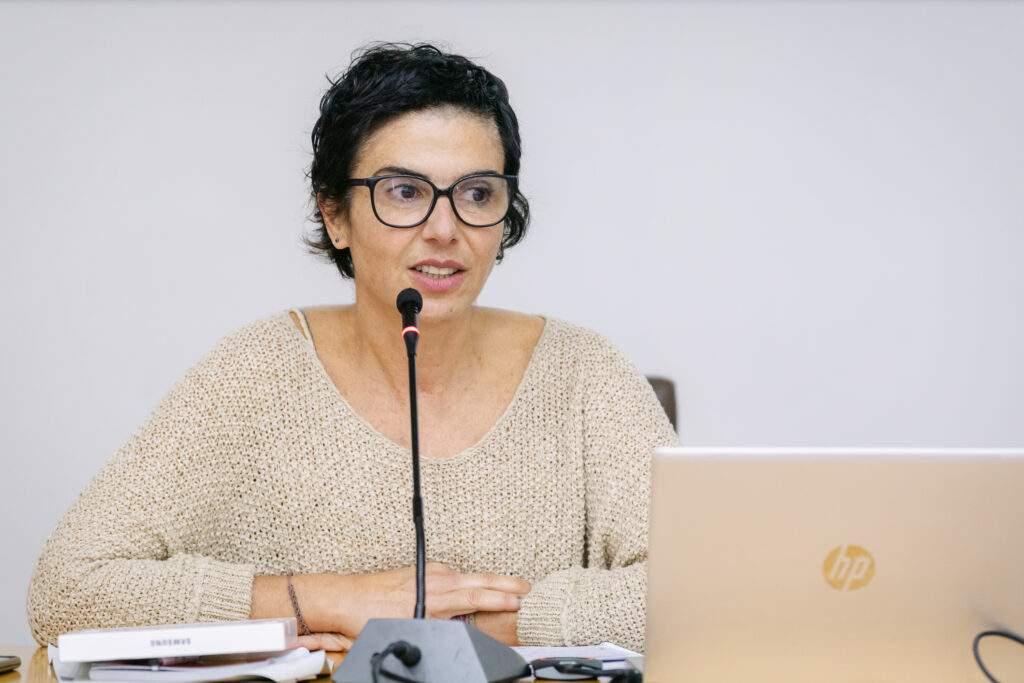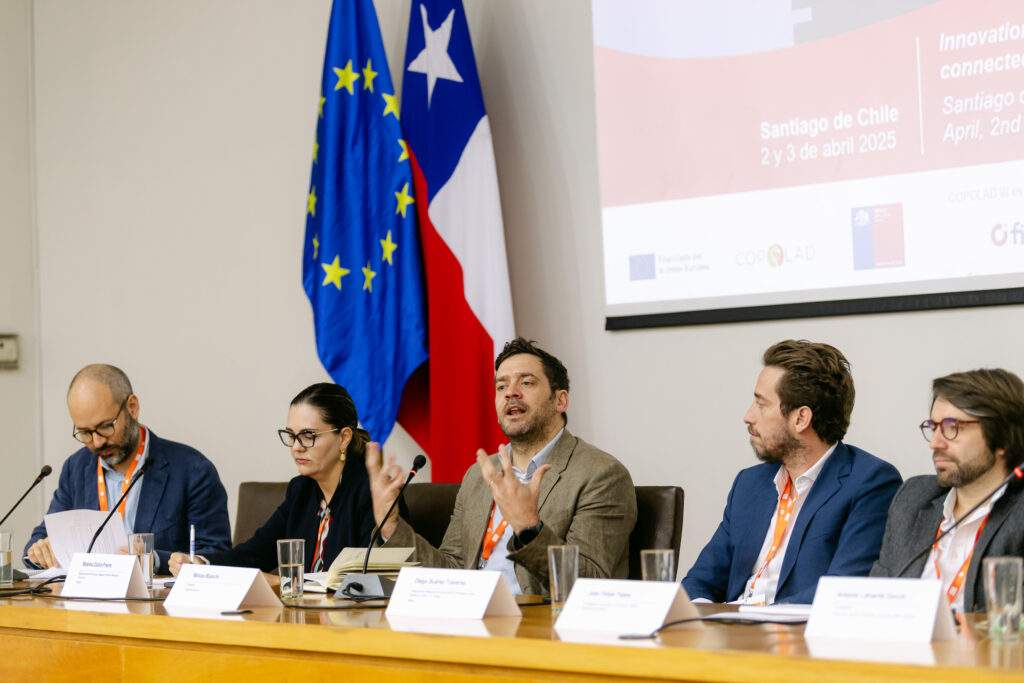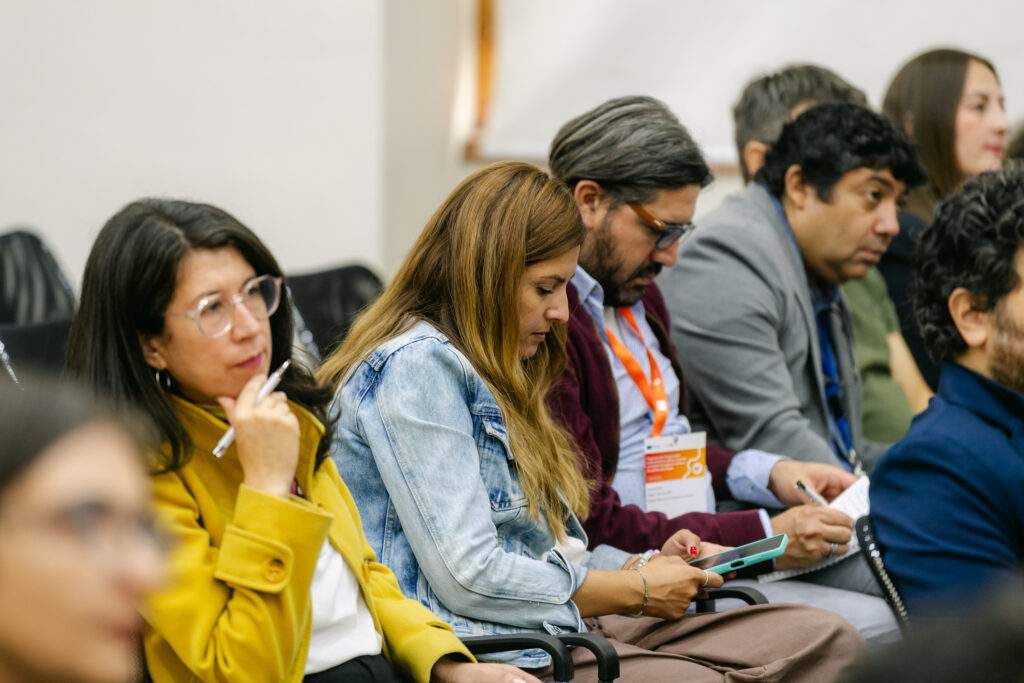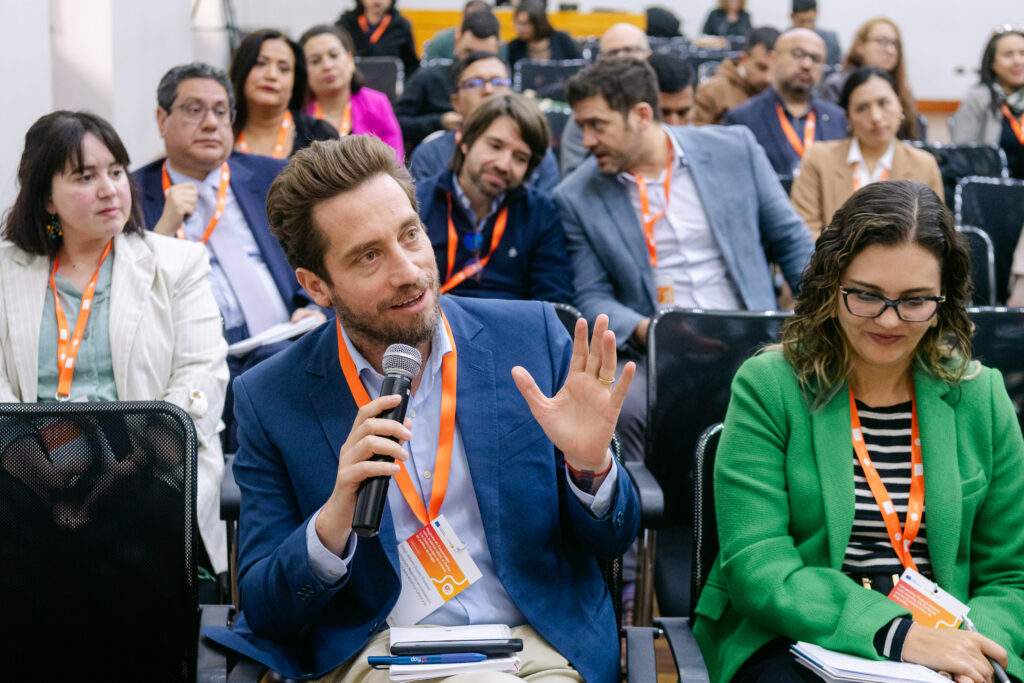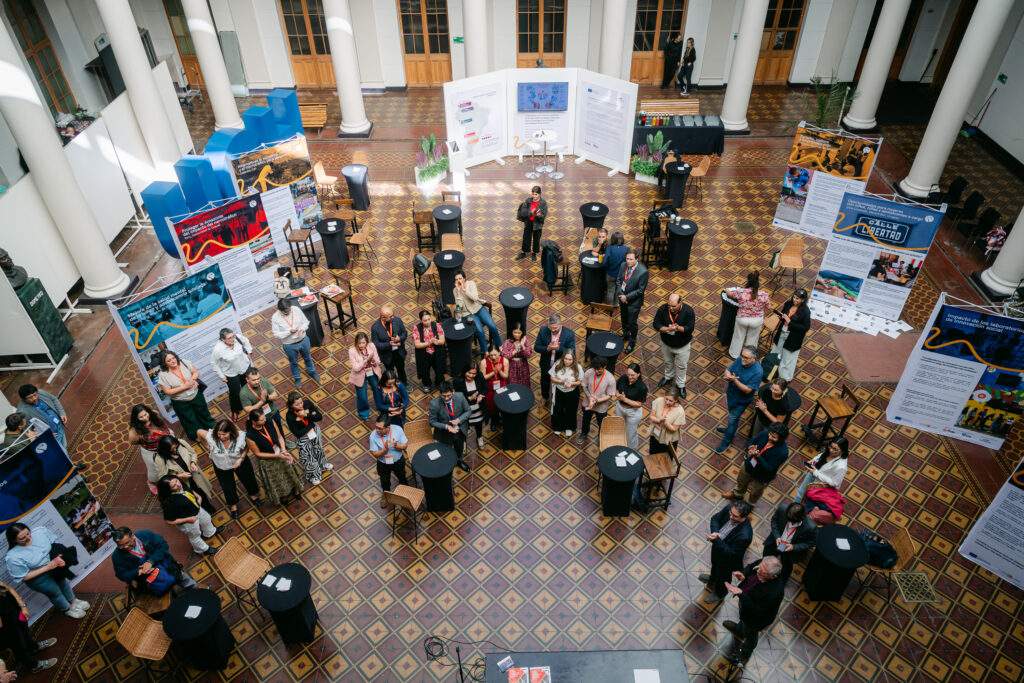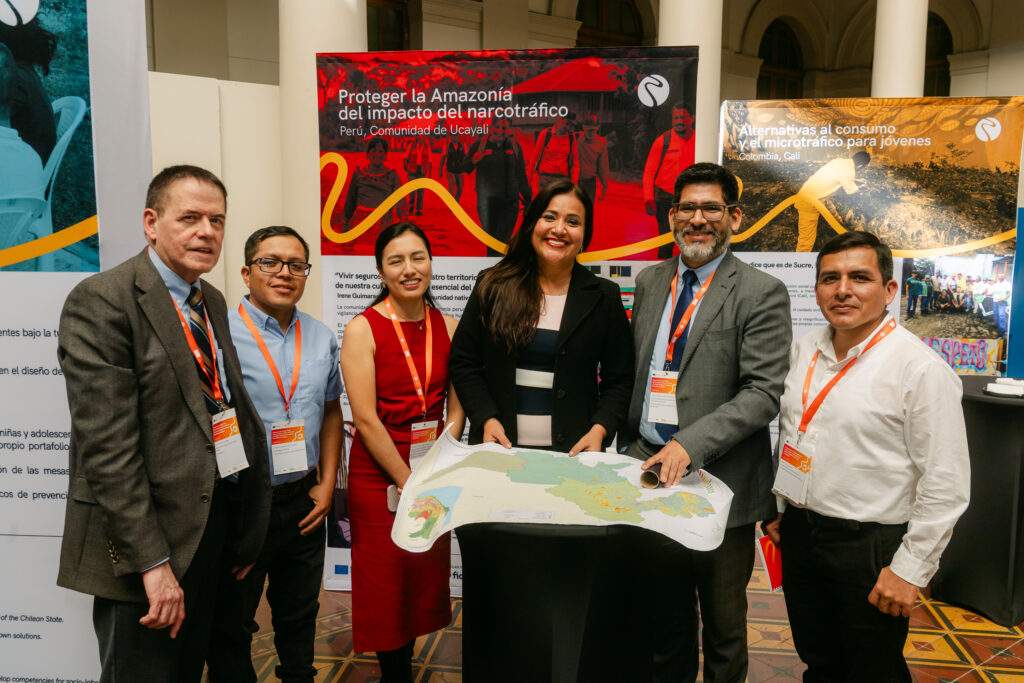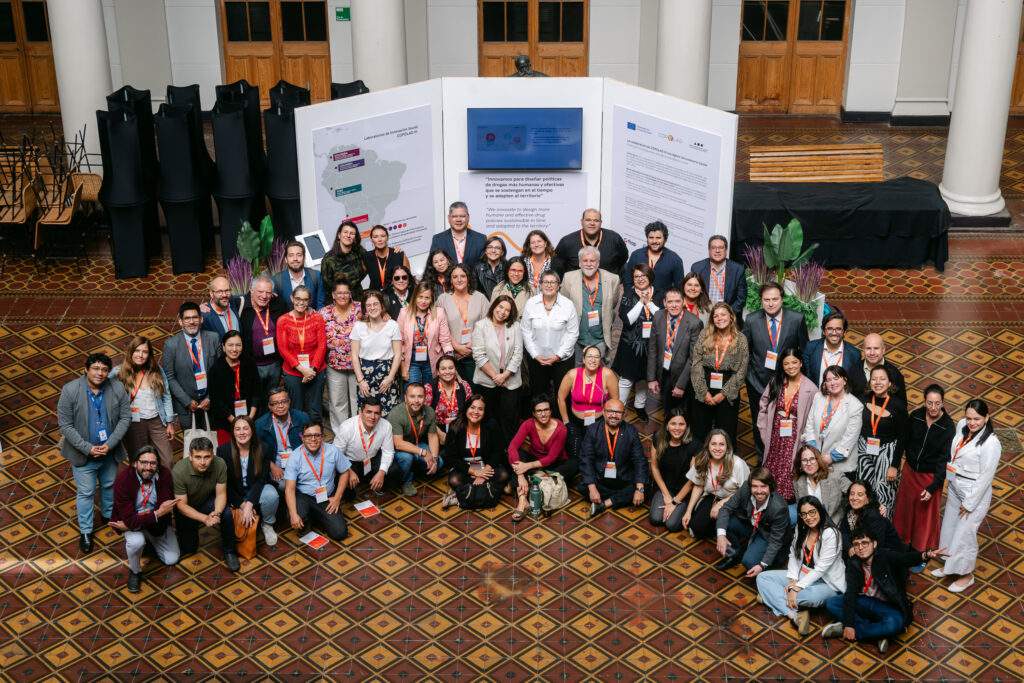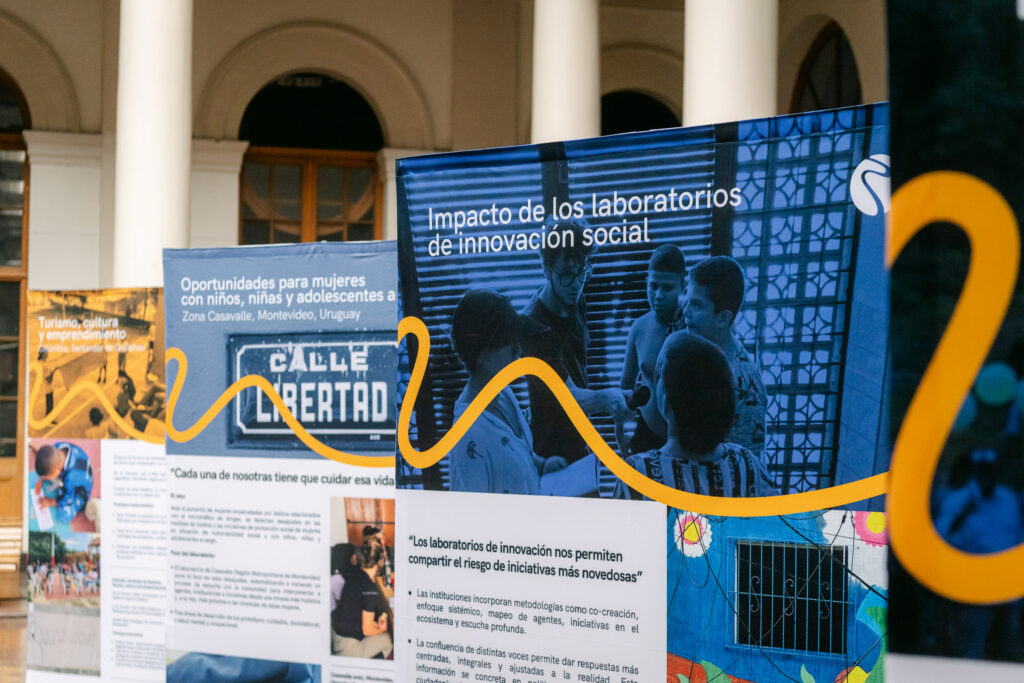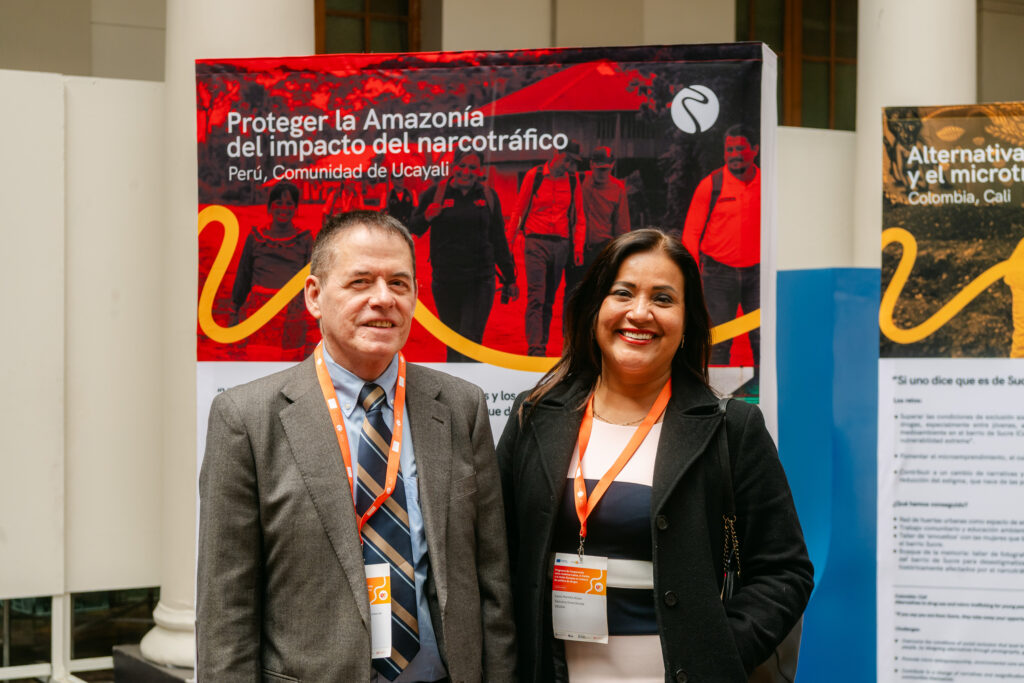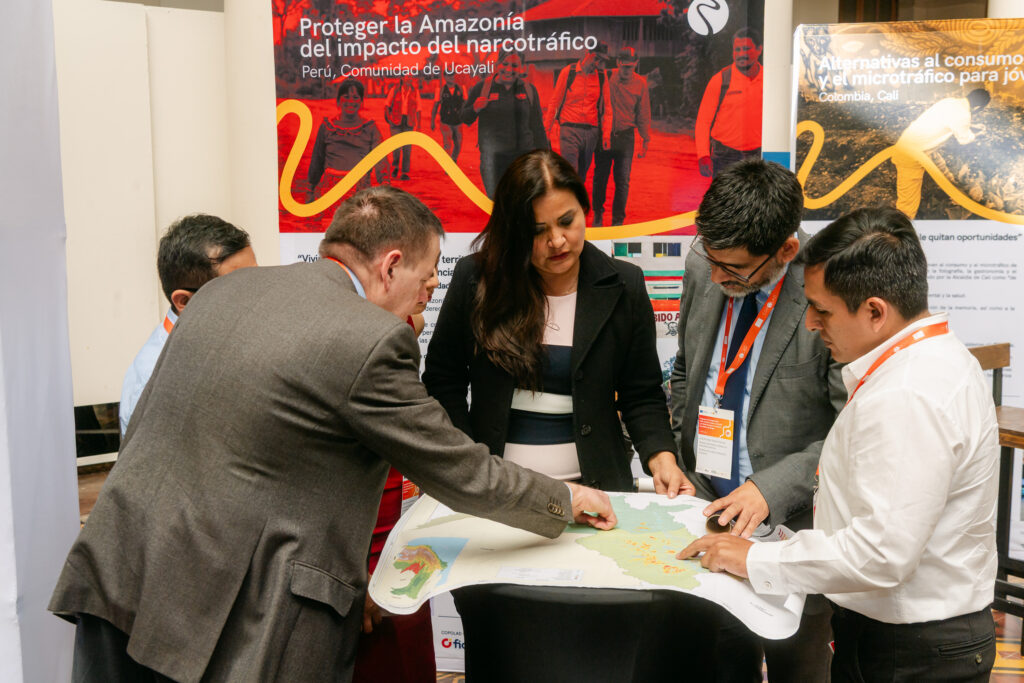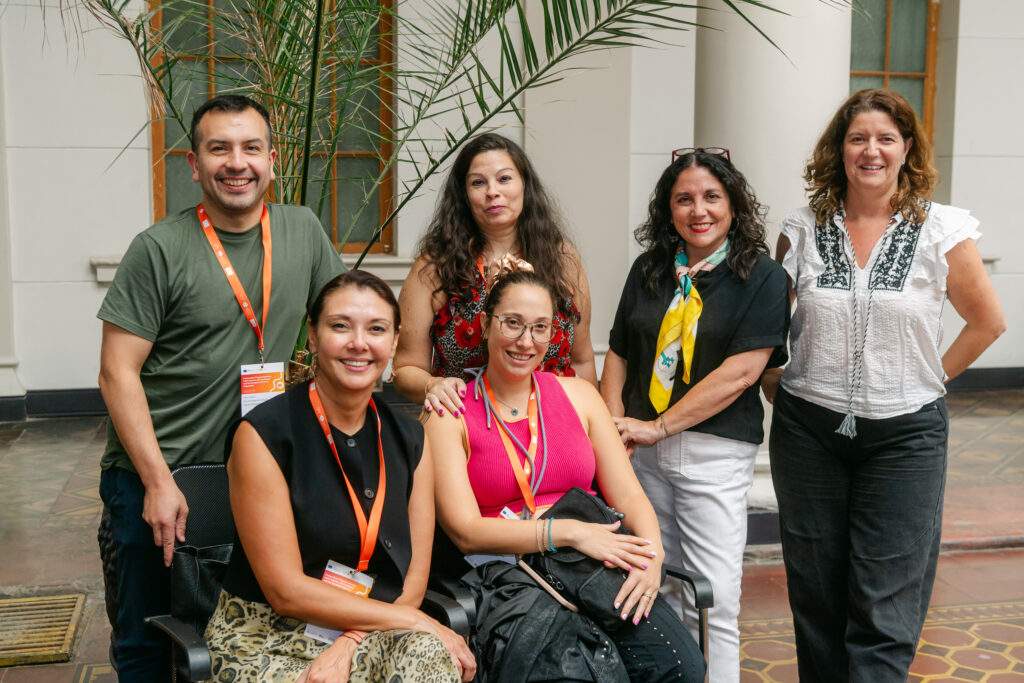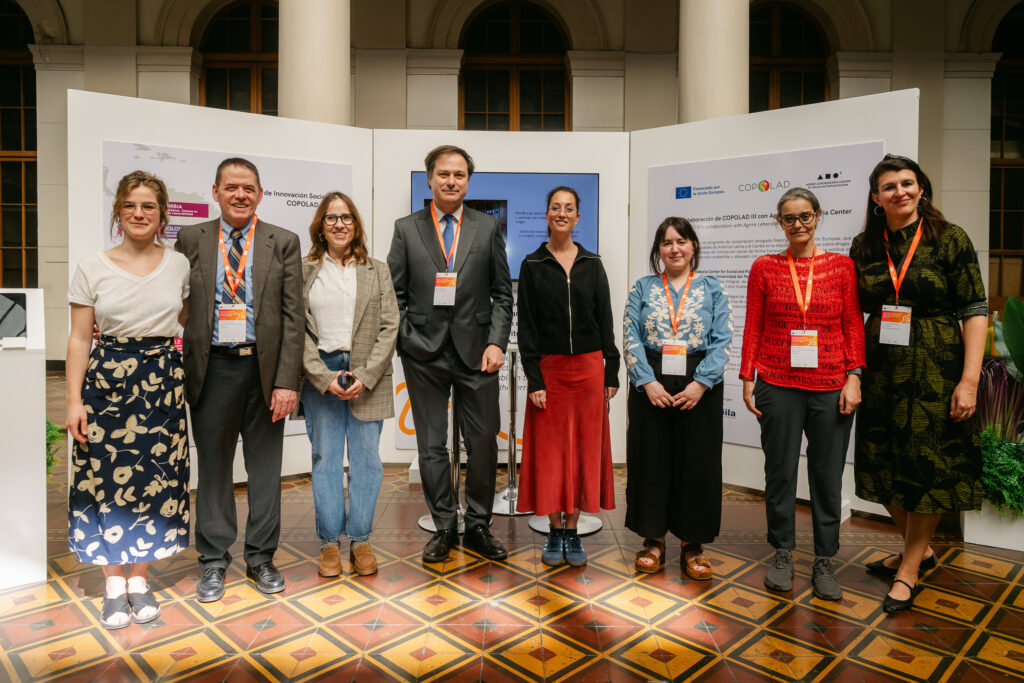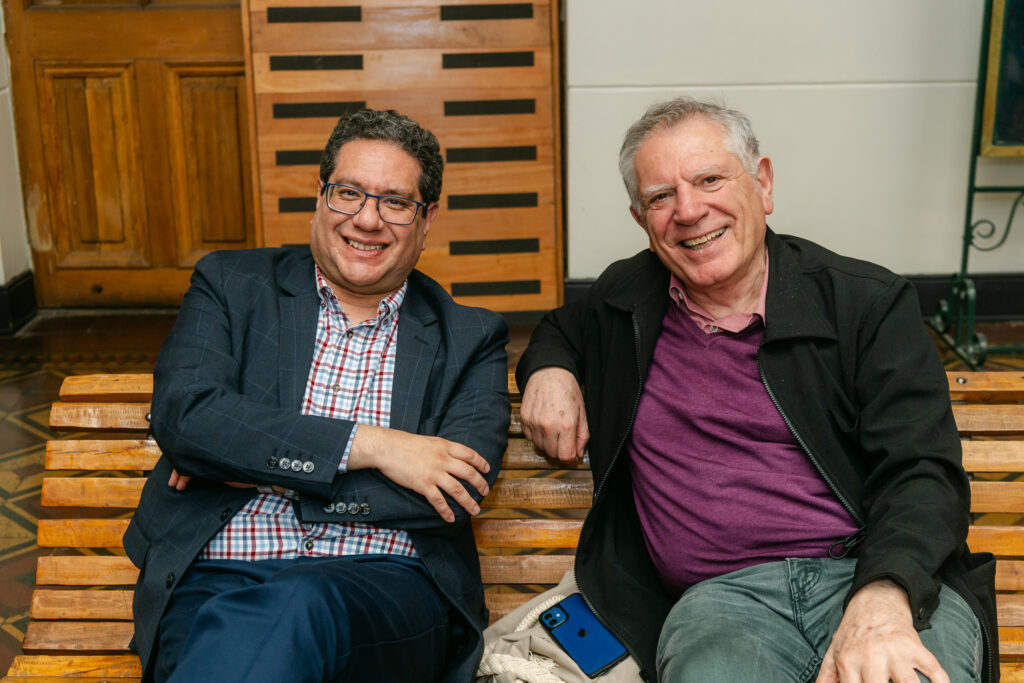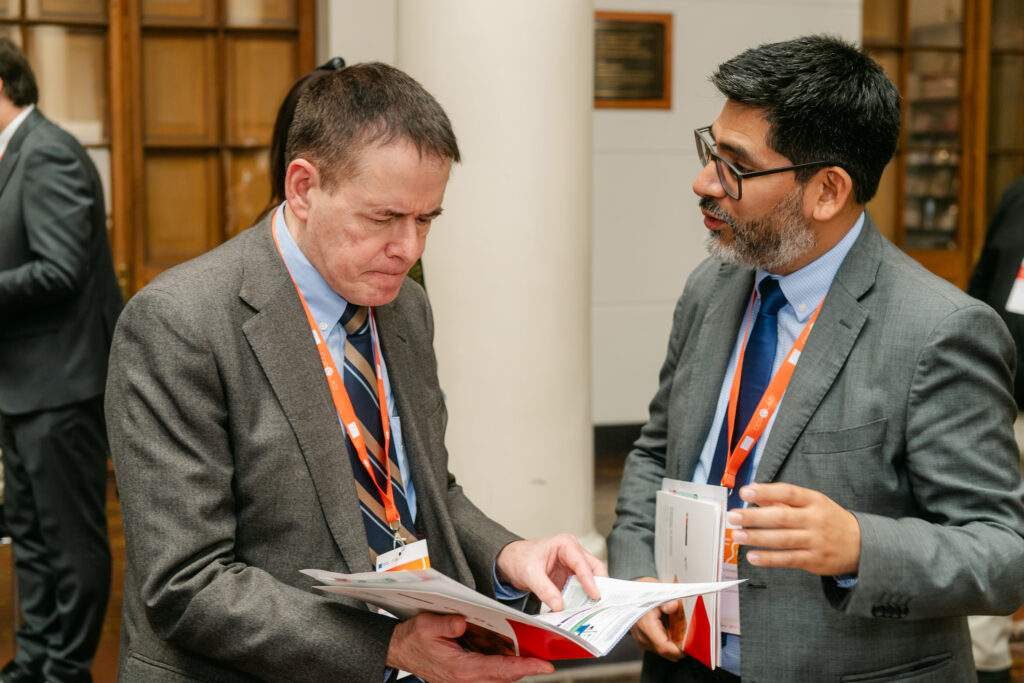More than a hundred specialists from Latin America, the Caribbean and Europe met on April 2 and 3 at the University of Santiago de Chile for an international event on social innovation in drug policies. Organized within the context of the cooperation program between European Union, Latin America and the Caribbean COPOLAD III, delegates presented the results and lessons learned from the five laboratories promoted by COPOLAD III in the region of Maule (Chile), Cali and Santander de Quilichao (Colombia), Flor de Ucayali indigenous community (Peruvian Amazon) and the periphery of Montevideo (Uruguay), in areas especially affected by increased drug consumption and/or the impact of drug trafficking.
New guide and exhibition
During the meetings, it was presented the new Guide for Social Innovation in Drug Policies (in Spanish), which includes not only the methodologies used but also practical examples of their implementation in the different territories. In addition of sharing experiences from the last two years, participants insisted on the need of reconsidering indicators in order to ensure that the evaluation of these projects does not leave out many of the results and processes carried out, as well as on the scalability and sustainability of the laboratories over the years and in the territories.
At the same time, an exhibition in the Patio Domeyko of the University of Chile made visible through photographs and audiovisuals the development and impact of these projects on communities and people.
Main interventions and speakers
The opening of the meeting was presided over by the National Director of SENDA, Natalia Riffo; the Ambassador of the European Union in Chile, Claudia Gintersdorfer; Borja Díaz Rivillas, Director of the COPOLAD-FIAP program, and Orlando Rojas, Director of the Chilean Government Laboratory.
Among the speakers were Antonio Lafuente, Researcher at CSIC, Spain; and Moema Freire, Policy Specialist (Open and Inclusive Public Space), UNDP.


